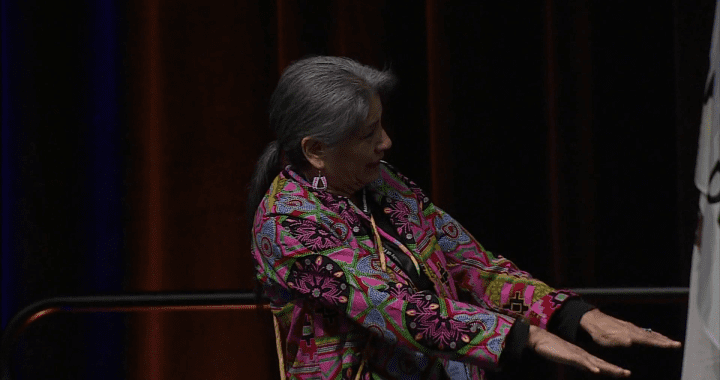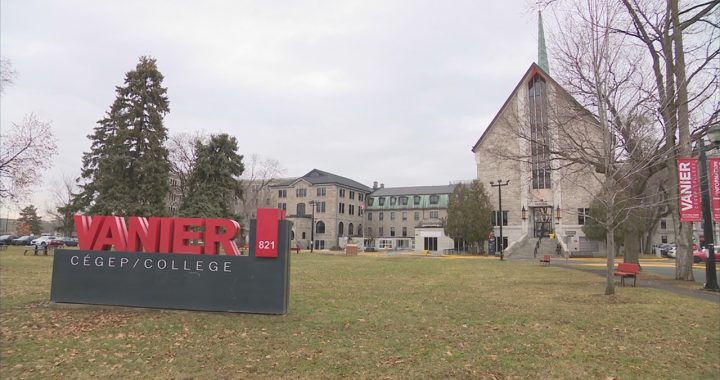Indigenous Services Minister Marc Miller says the federal government is ready to use its financial leverage over the health system to fight anti-Indigenous racism in health care.
He says that includes promoting Indigenous health workers and calling out racism wherever it’s seen.
Miller says the treatment of Joyce Echaquan, who used her phone to livestream hospital staff using racist slurs against her as she lay dying in a Quebec hospital, is more evidence of the ways the system has failed Indigenous people for generations.
Miller says he and Crown-Indigenous Relations Minister Carolyn Bennett are holding an emergency meeting on the problem Friday with as many as 200 participants.
The goal is to hear from Indigenous people, including health professionals, who have lived through racist treatment in the health system while politicians like Miller and Bennett listen.
Invitations were sent to First Nations, Inuit and Metis leadership and partners, key health stakeholders, as well as provinces and territories. An invitation has also been extended to Joyce Echaquan’s family, a spokesperson said.
“It’s an urgent call for action where those present will be asked to reflect upon the information shared to inform concrete short-term measures that governments, educational institutions, health professional associations, regulatory colleges, and accreditation organizations can take,” said a statement from press secretary Adrienne Vaupshas.
Watch Angel’s story on the latest from the Mi’kmaw fishery in Nova Scotia:
The government said it’s also seeking commitment for a second meeting in January 2021 where governments and healthcare organizations will present proposed or implemented measures in an effort to reach a national plan.
Miller says he doesn’t think it’s helpful to try to punish provinces for inadequate action on racism, especially in the middle of a pandemic, but the federal government has a moral duty to set and maintain standards.
Prime Minister Justin Trudeau promised to develop “distinctions based Indigenous health legislation” with First Nations, Inuit and Metis organizations in the throne speech last month.
The Assembly of First Nations and Inuit Tapiriit Kanatami confirmed they are attending but declined comment in advance. The Metis National Council did not reply to an email request.
The president of Pauktuutit, the national Inuit women’s organization, is attending and said she plans to point out how “the Canada Health Act is failing Inuit women and girls.”
“For Inuit women and girls, healthcare services fail most of the five basic principles of the Canada Health Act: accessibility, comprehensiveness, universality, portability, and public administration,” said Rebecca Kudloo in a release.
“This is important because under the federal legislation, provincial and territorial health insurance programs must conform to the conditions of the legislation to receive federal transfer payments, under the Canada Health Transfer.”
Miller said the meeting is scheduled for 11 a.m. and could take hours.










